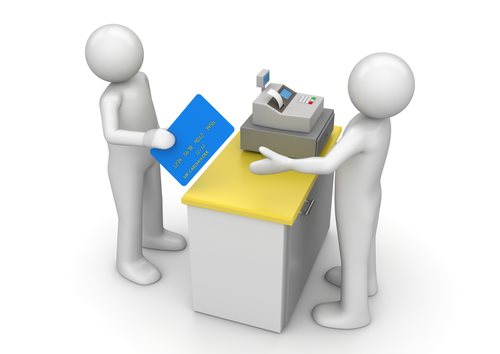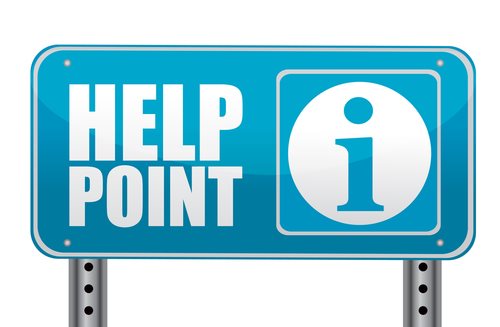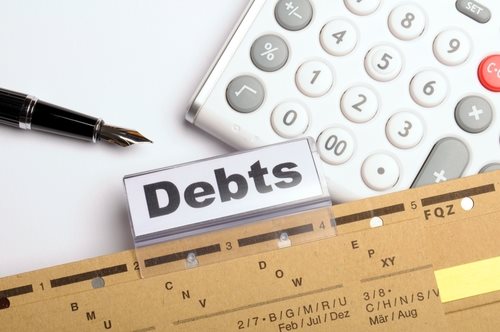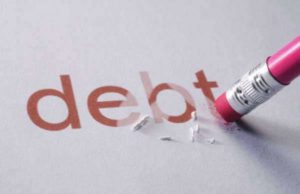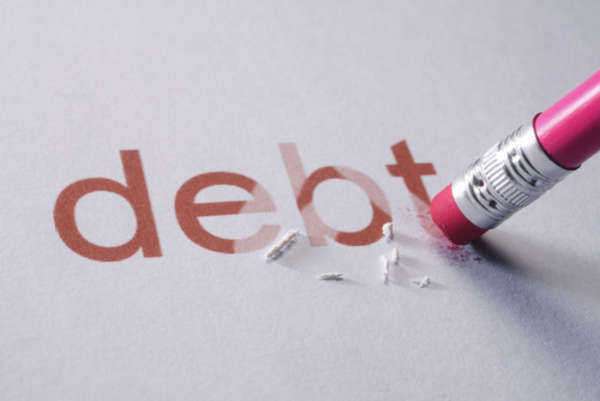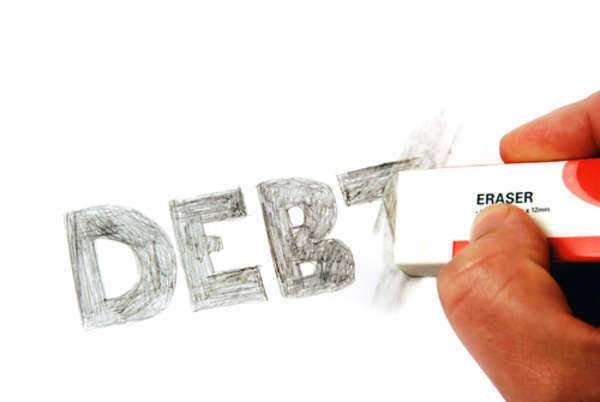You Debt Management Company Questions Answered

Debt management is a process that involves managing debt through various methods like debt consolidation, debt settlement, and debt counseling. Debt can be extremely stressful, and managing it alone can be overwhelming. That’s where debt management companies come in, but with so many companies out there, it is crucial to understand how they work and what questions to ask before committing to one.
In this article, we will answer common questions about debt management companies and provide updated information on the topic using government resources.
What is a debt management company?
A debt management company is a business that offers services to help individuals manage their debts. These companies work by negotiating payment plans and interest rates on behalf of clients, usually for a fee. They can also offer advice on budgeting, credit counseling, and other financial matters to help clients better manage their finances and avoid future debt problems.
How does a debt management company work?
A debt management company works by negotiating with creditors on behalf of their clients to reduce the amount of debt owed and set up a payment plan that is more manageable. The payment plans are designed to help the clients repay their debts over time with lower interest rates and reduced fees. The debt management company collects payments from the client and disburses the payments to the creditors as per the negotiated agreement. These agreements can be for unsecured debts like credit cards, medical bills, or personal loans.
What are the benefits of using a debt management company?
Using a debt management company has several benefits, including:
1. Lower monthly payments – a debt management plan can lower monthly payments by reducing interest rates and fees.
2. Simplified payments – the debt management company will consolidate all debts into a single monthly payment for the client.
3. Debt reduction – a debt management plan can help clients pay off their debts faster by reducing the amount of interest that accrues.
4. Budgeting and financial education – debt management companies can provide counseling on budgeting and other financial matters to help clients avoid future debt problems.
What are the different types of debt management services?
There are several different types of debt management services, including:
1. Debt consolidation – this involves combining multiple debts into a single, manageable payment. Debt consolidation loans are used to pay off multiple debts, and the client then makes a single monthly payment on the loan.
2. Debt settlement – this involves negotiating with creditors to settle a debt for less than the full amount owed. The client pays a portion of the debt to the creditor as payment in full, and the remaining debt is forgiven.
3. Debt counseling – this involves providing clients with advice on budgeting and other financial matters to help them avoid future debt problems.
4. Credit repair – this involves helping clients repair their credit scores after experiencing financial difficulties.
What services do debt management companies offer?
Debt management companies offer a range of services, including:
1. Debt counseling – this involves providing clients with advice on budgeting, credit counseling, and other financial matters to help them plan their finances and avoid future debt problems.
2. Debt consolidation – this involves consolidating multiple debts into a single, manageable payment.
3. Debt settlement – this involves negotiating with creditors to settle a debt for less than the full amount owed.
4. Credit repair – this involves helping clients repair their credit score after experiencing financial difficulties.
What should I consider before choosing a debt management company?
Before choosing a debt management company, there are several factors to consider, including:
1. Reputation – choose a reputable debt management company with a track record of success.
2. Fees – find out what fees they charge and make sure they are reasonable.
3. Creditor relationships – choose a debt management company that has good relationships with creditors and can negotiate on your behalf.
4. Accreditation – choose a company that is accredited by a recognized organization like the National Foundation for Credit Counseling.
5. Customer service – choose a company with excellent customer service that can provide you with the support you need.
What questions should I ask a debt management company?
Before choosing a debt management company, be sure to ask the following questions:
1. What services do you offer, and how can you help me?
2. What are your fees, and how are they calculated?
3. How long does your debt management program typically last?
4. What is the success rate of your program?
5. What are the risks and benefits of participating in your program?
6. Are there any upfront fees or other costs associated with your program?
7. How will my credit score be affected by your program?
8. What are the qualifications of your staff, and are they certified?
9. Can you provide me with references from past clients?
10. How will you communicate with me throughout the program, and how often?
What are the benefits of using a government-approved debt management company?
Choosing a government-approved debt management company can provide several benefits, including:
1. Credibility – government-approved debt management companies have been vetted and approved by government agencies, providing assurance that they are legitimate.
2. Standards – government-approved debt management companies must adhere to strict standards set by regulatory agencies.
3. Protection – government-approved debt management companies offer clients protections, such as ensuring that payments are disbursed to creditors on time.
4. Counseling – government-approved debt management companies provide counseling on budgeting, credit counseling, and other financial matters to help clients avoid future debt problems.
5. Disclosure – government-approved debt management companies must disclose all fees and costs associated with their program.
What are the risks of using a debt management company?
While using a debt management company can provide significant benefits, there are also risks to consider, including:
1. Fees – debt management companies charge fees for their services, which can add up over time.
2. Credit score – participating in a debt management program can have a negative impact on your credit score, as it may be reported as a negative mark on your credit report.
3. Legal action – debt management companies cannot guarantee that legal action will not be taken against you by creditors.
4. Participation – the success of a debt management program relies heavily on the client’s participation. If they do not make the scheduled payments, the program may fail, and creditors may take legal action.
What are the most common misconceptions about debt management companies?
There are several misconceptions about debt management companies, including:
1. Debt management companies will eliminate all of your debts – debt management companies can reduce the amount of debt owed, but they cannot eliminate all debts.
2. Debt management companies are scams – while there are scams in the debt management industry, legitimate debt management companies can provide valuable services to clients.
3. Debt management companies will negatively impact your credit score – while participating in a debt management program can have a negative impact on your credit score, it is not always the case. Many clients who participate in a debt management program see an improvement in their credit score.
4. Debt management companies are the only solution – while debt management companies can be a helpful solution, there are other options available, such as debt settlement, bankruptcy, and DIY debt management.
Conclusion
Debt management companies offer several benefits to those struggling with debt, but it is crucial to find a reputable company that can provide the services you need. When choosing a debt management company, consider their reputation, fees, creditor relationships, accreditation, customer service, and qualifications of staff. Before entering into a debt management program, be sure to ask questions about the program’s duration, success rate, risks, and benefits. Consider using a government-approved debt management company for added protections and standards. Be aware of the misconceptions about debt management companies, and remember that they are just one of several options available for managing debt. With the right research and information, you can find the best debt management solution for your needs.

